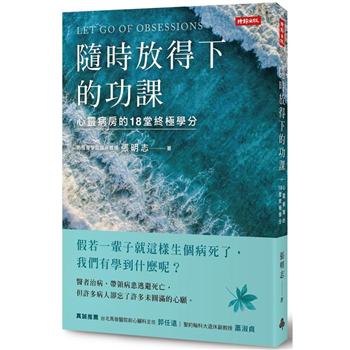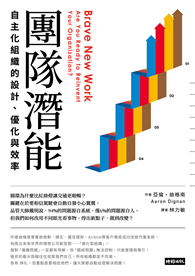"The International Monetary Fund is one of the world's most important economic institutions, especially in times of crisis. Yet we lack a full understanding of how and why it operates as it does, and in particular of the political forces that affect it...The International Monetary Fund in the Global Economy is a careful, persuasive application of the ideas and methods of modern political economy to a crucially important topic. It will be of interest to any serious scholar or student of international political economy, international relations, and international economics."-Jeffry Frieden, Professor of Government, Harvard University
"This is an outstanding piece of political science that combines richly detailed case studies based on primary documents with impressive quantitative results. Copelovitch argues convincingly that banks heavily influence IMF lending, but their influence depends on the composition of capital flows and the consistency of the interests of the major powers."-Randall Stone, Associate Professor of Political Science, University of Rochester
"This book represents a major contribution to the growing literature on the IMF and, more generally, to the understanding of the political economy of international organizations. using an original 'common agency' perspective, Mark Copelovitch presents an innovative way to address decision-making at the international financial institutions, which is driven both by the major shareholder governments and by the bureaucratic staff of these organizations. He substantiates his theoretical claims with both sophisticated statistical analysis and detailed case studies. This is a must-read for both scholars of international political economy and policy-makers interested in the IMF's evolving role in the global financial system."-James Raymond Vreeland, School of Foreign Service and Government Department, Georgetown University, and author of The IMF and Economic Development (Cambridge, 2003)
The explosive growth and increasing complexity of global financial markets are defining characteristics of the contemporary world economy. Unfortunately, financial globalization has been accompanied by a marked increase in the frequency and severity of financial crises. The International Monetary Fund (IMF) has taken a central role in managing these crises through its loans to developing countries. Despite extensive analysis and criticism of the IMF in recent years, key questions remain unanswered. Why does the Fund treat some countries more generously than others? To what extent is IMF lending driven by political factors rather than economic concerns? In whose interests does the IMF act? In this book, Mark S. Copelovitch offers novel answers to these questions. Combining statistical analysis with detailed case studies, he demonstrates how the politics and policies of the IMF have evolved over the last three decades in response to fundamental changes in the composition of international capital flows.
| FindBook |
|
有 1 項符合
Copelovitch的圖書 |
 |
$ 6480 | The International Monetary Fund in the Global Economy: Banks, Bonds, and Bailouts
作者:Copelovitch,Mark S. 出版社:Cambridge Univ Pr 出版日期:2010-07-26 語言:英文 規格:精裝 / 15.9 x 22.9 x 2.5 cm / 普通級  看圖書介紹 看圖書介紹
|
|
|
圖書介紹 - 資料來源:博客來 評分:
圖書名稱:The International Monetary Fund in the Global Economy
|







![塔木德:猶太人的致富聖經[修訂版]:1000多年來帶領猶太人快速累積財富的神祕經典 塔木德:猶太人的致富聖經[修訂版]:1000多年來帶領猶太人快速累積財富的神祕經典](https://media.taaze.tw/showLargeImage.html?sc=11100697818)



